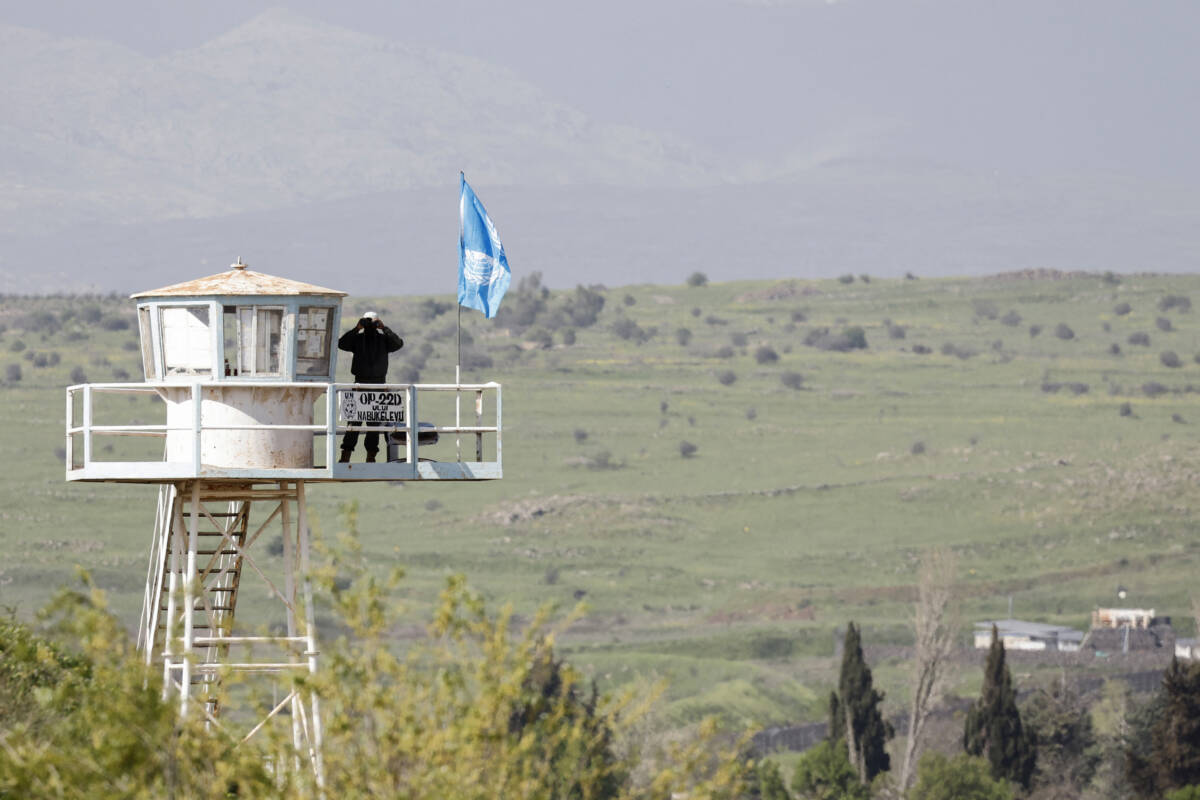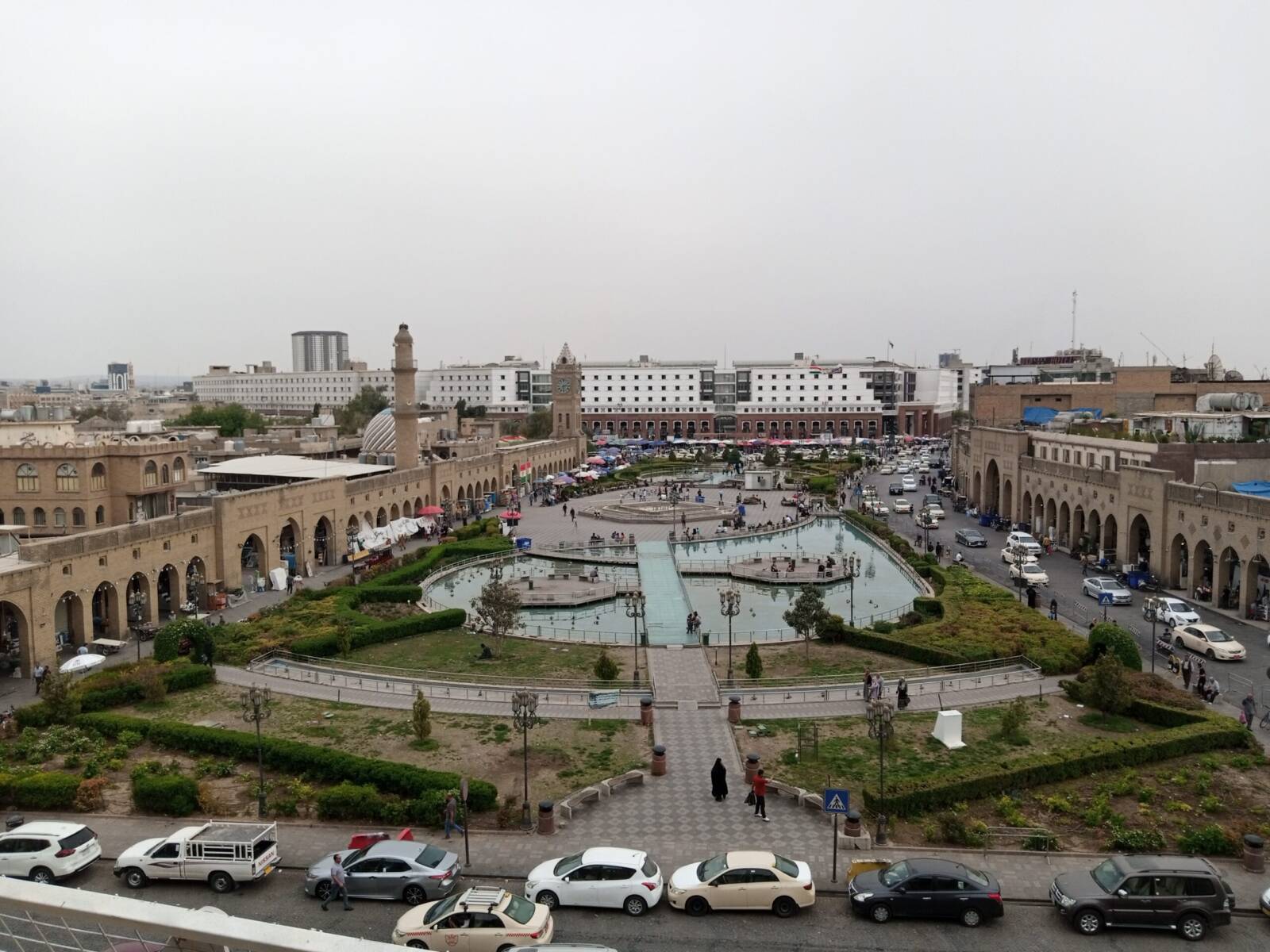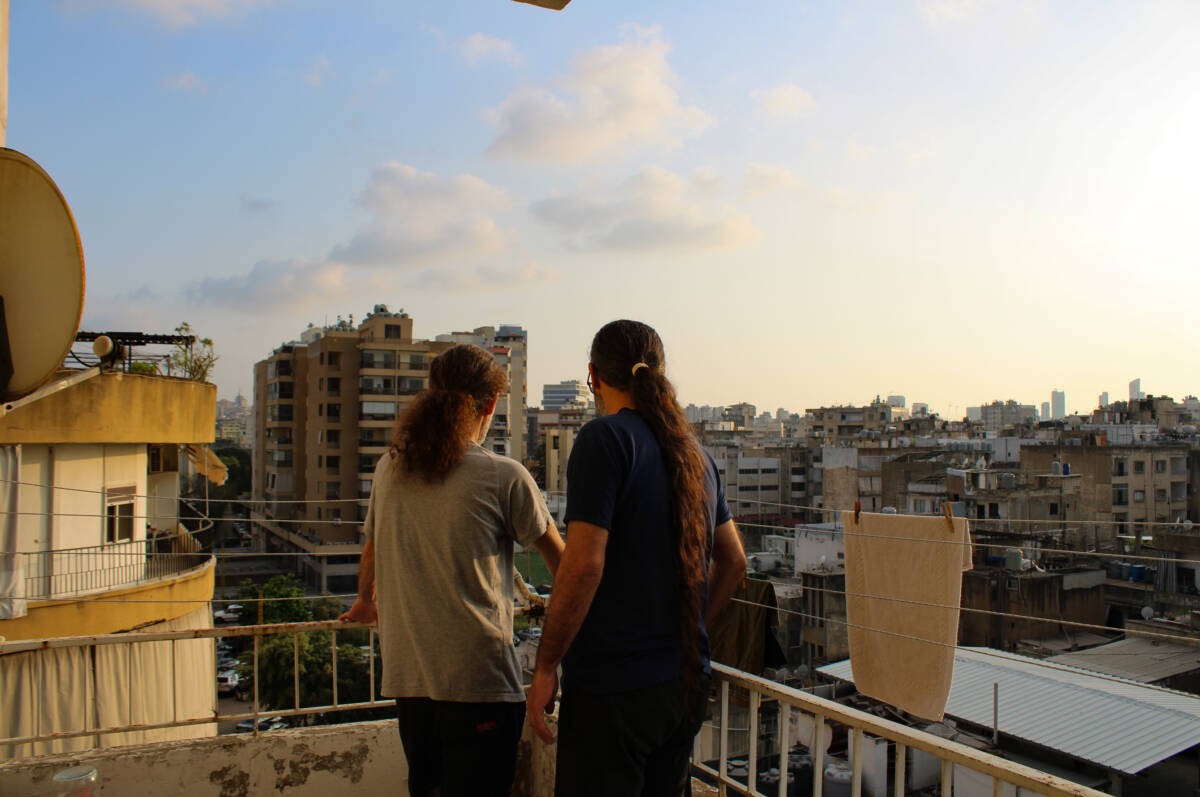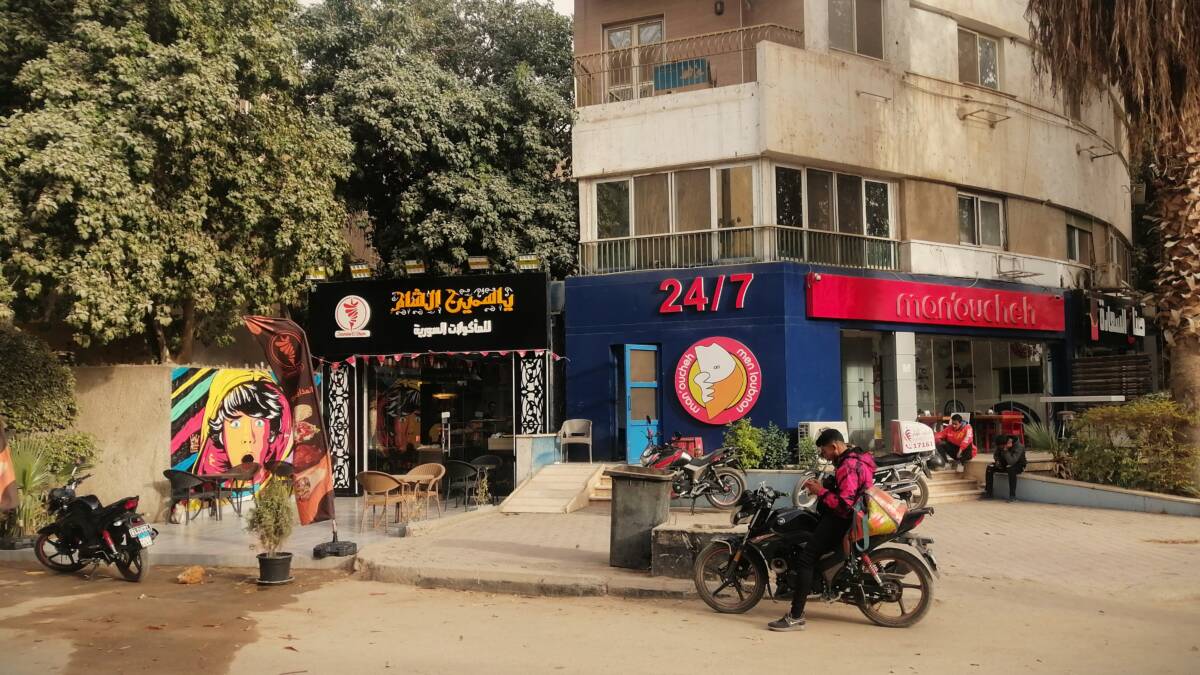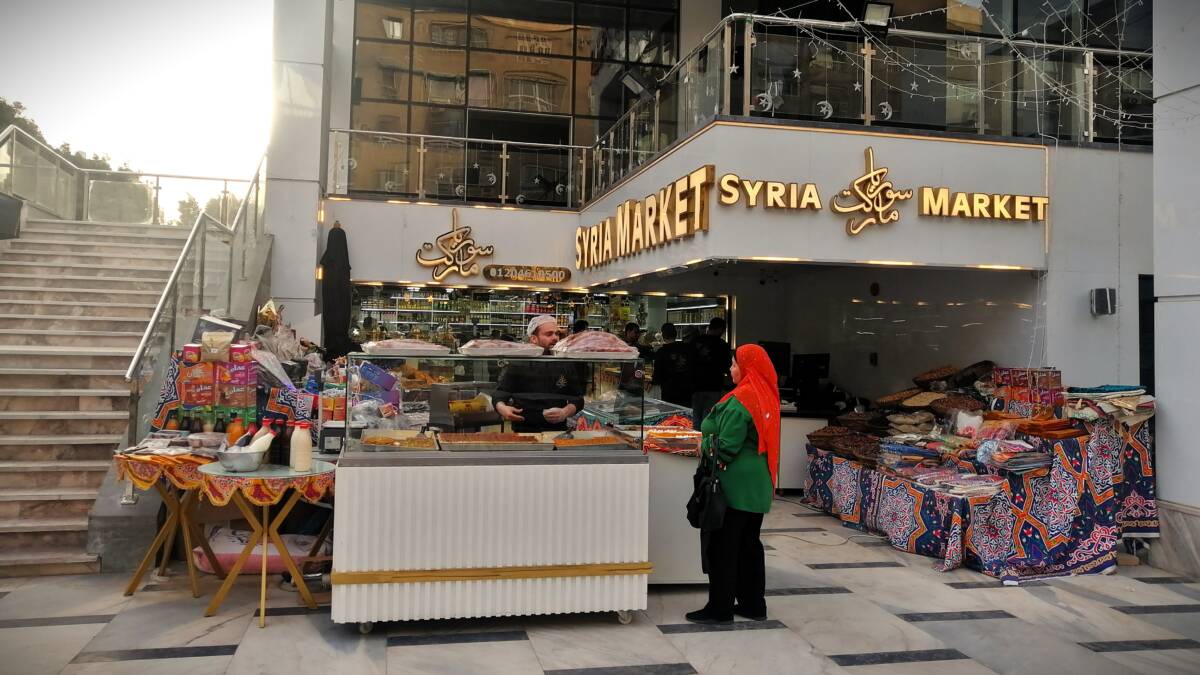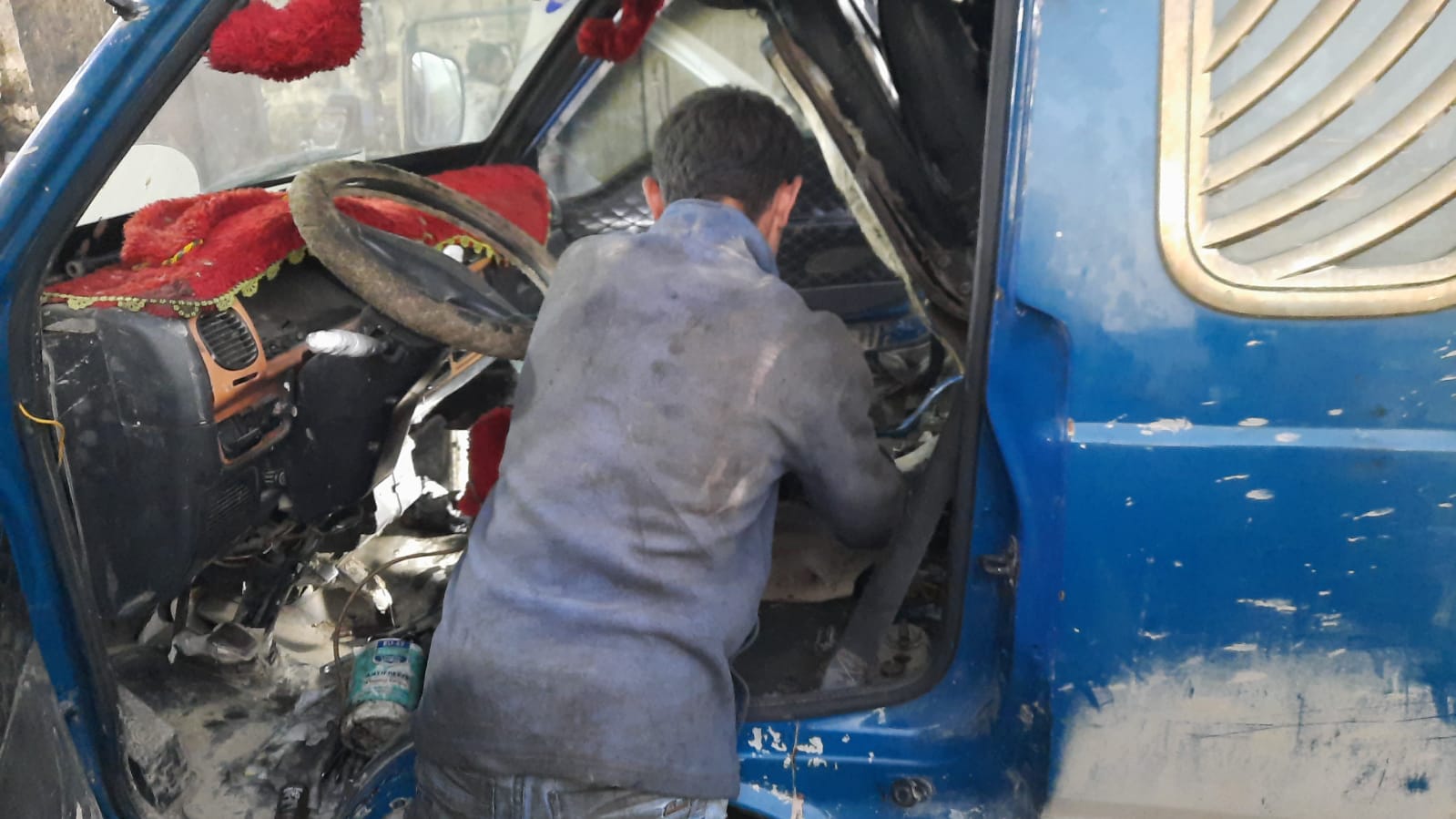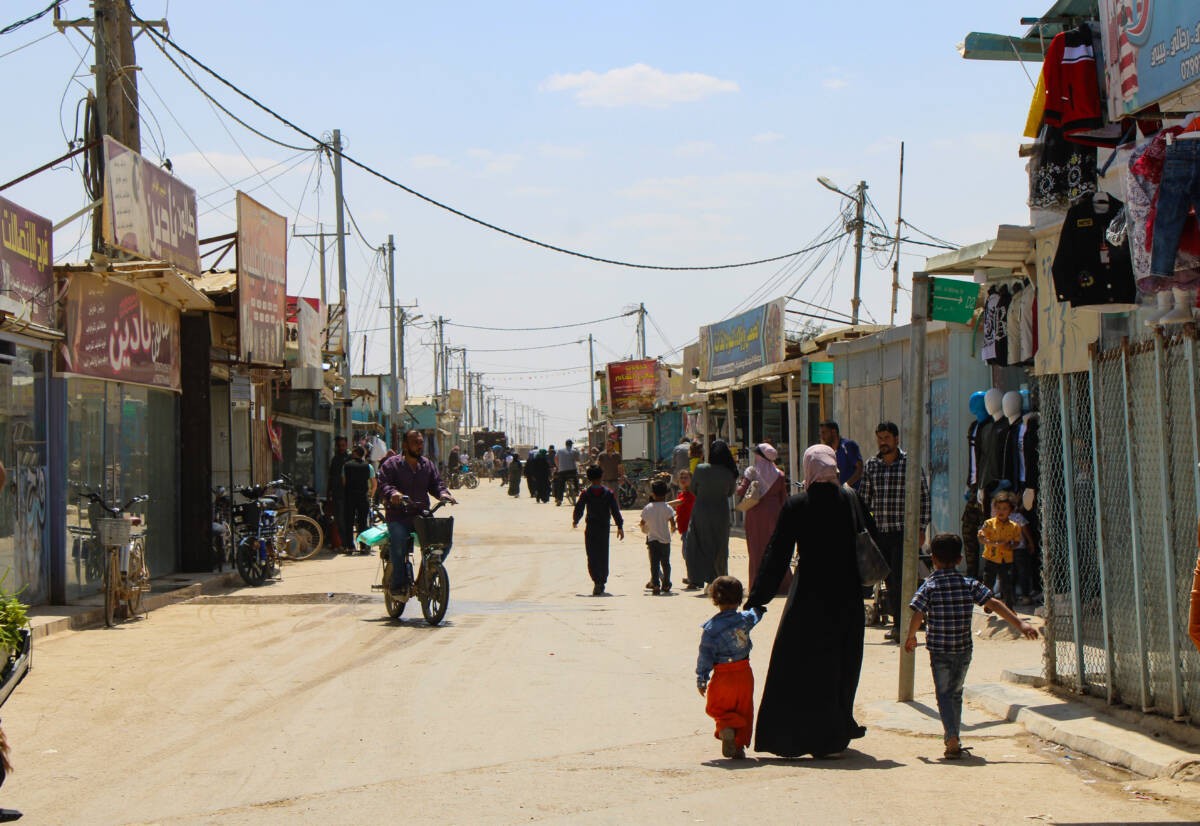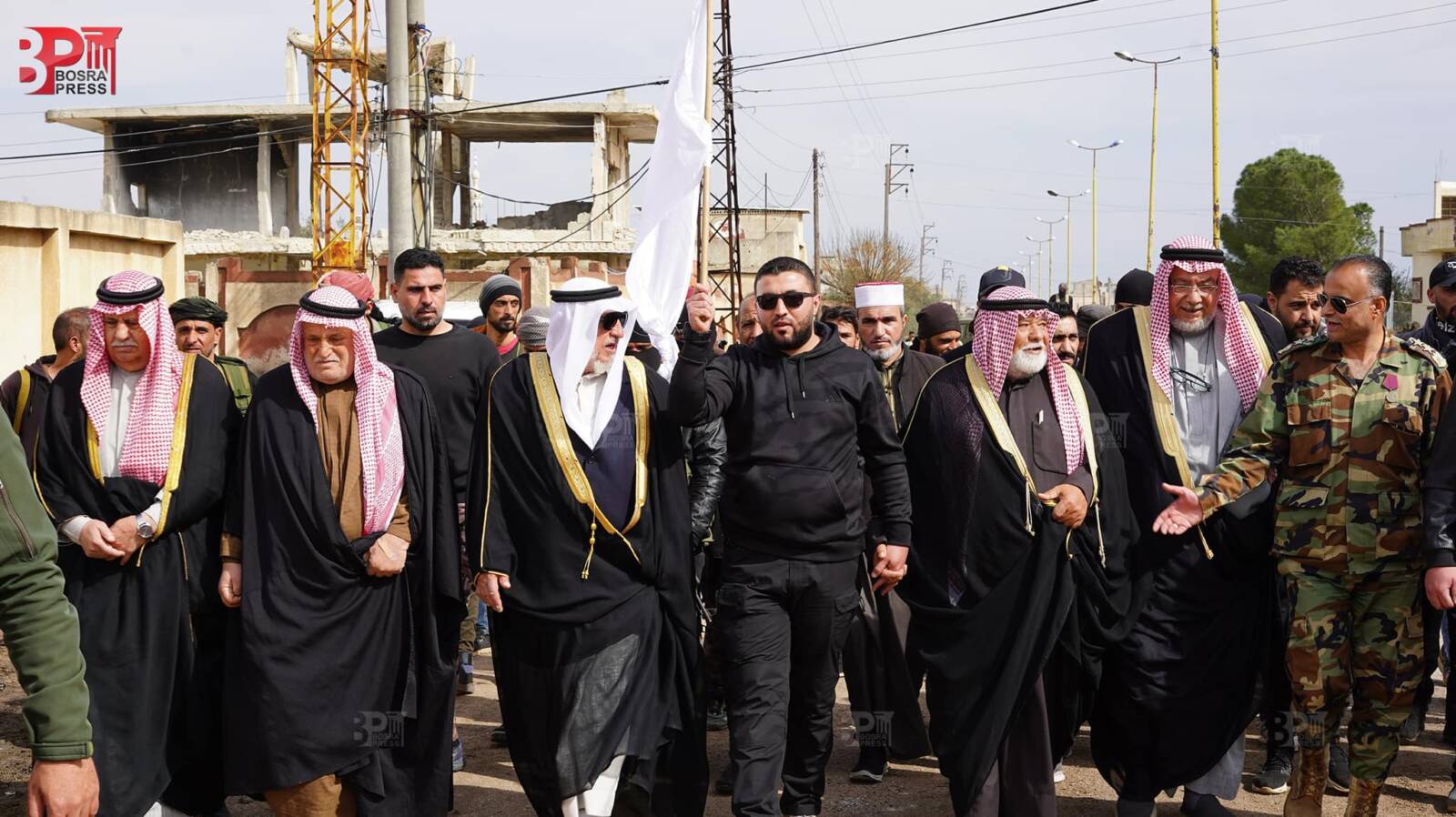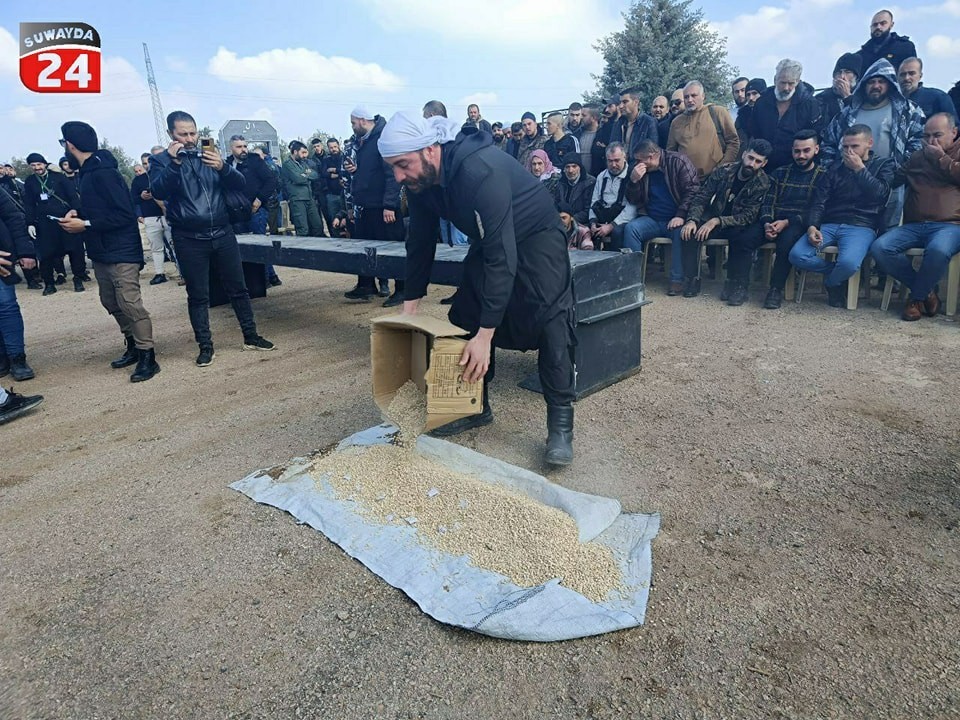Why Syria matters as Israel and Iran’s shadow war moves into the open
While the immediate threat of open war between Iran and Israel has receded in the wake of this month’s unprecedented escalation, the risk of renewed conflict lingers. Syria—fertile ground for another spark—remains a place to watch.

